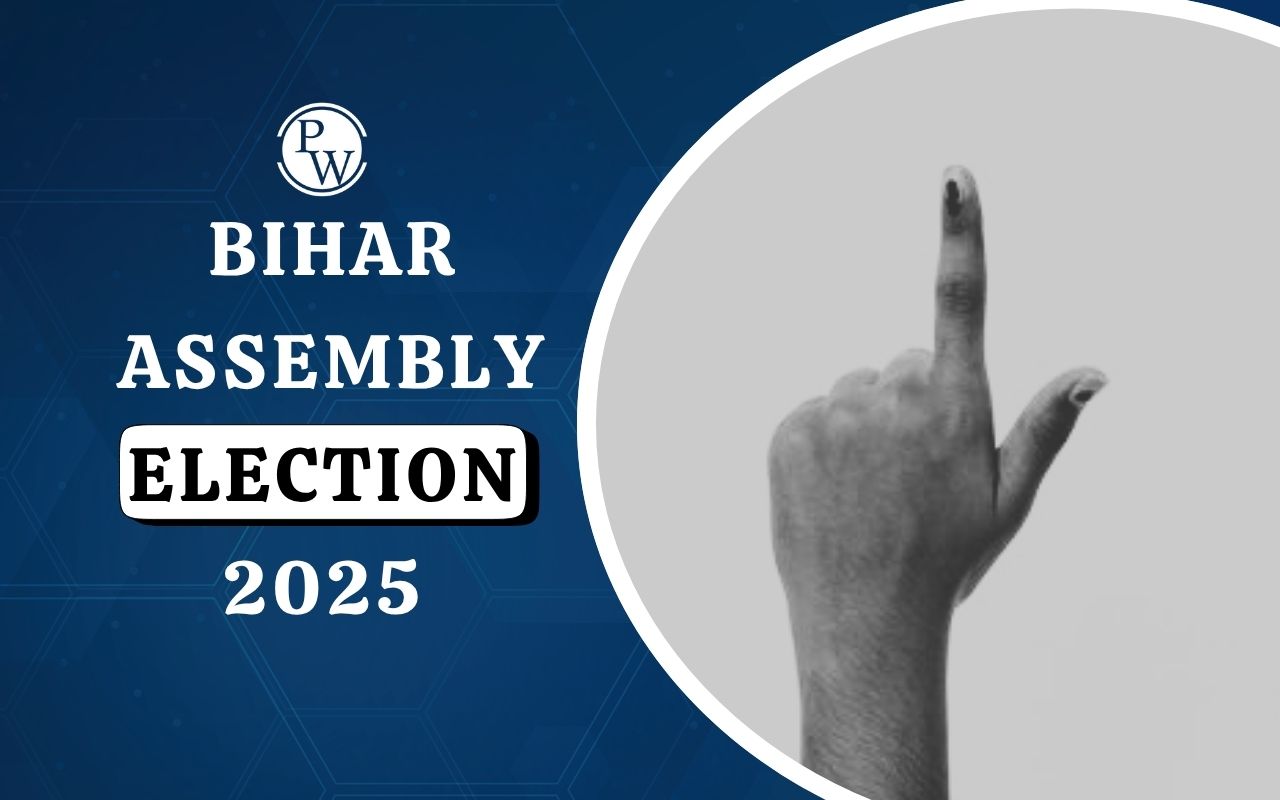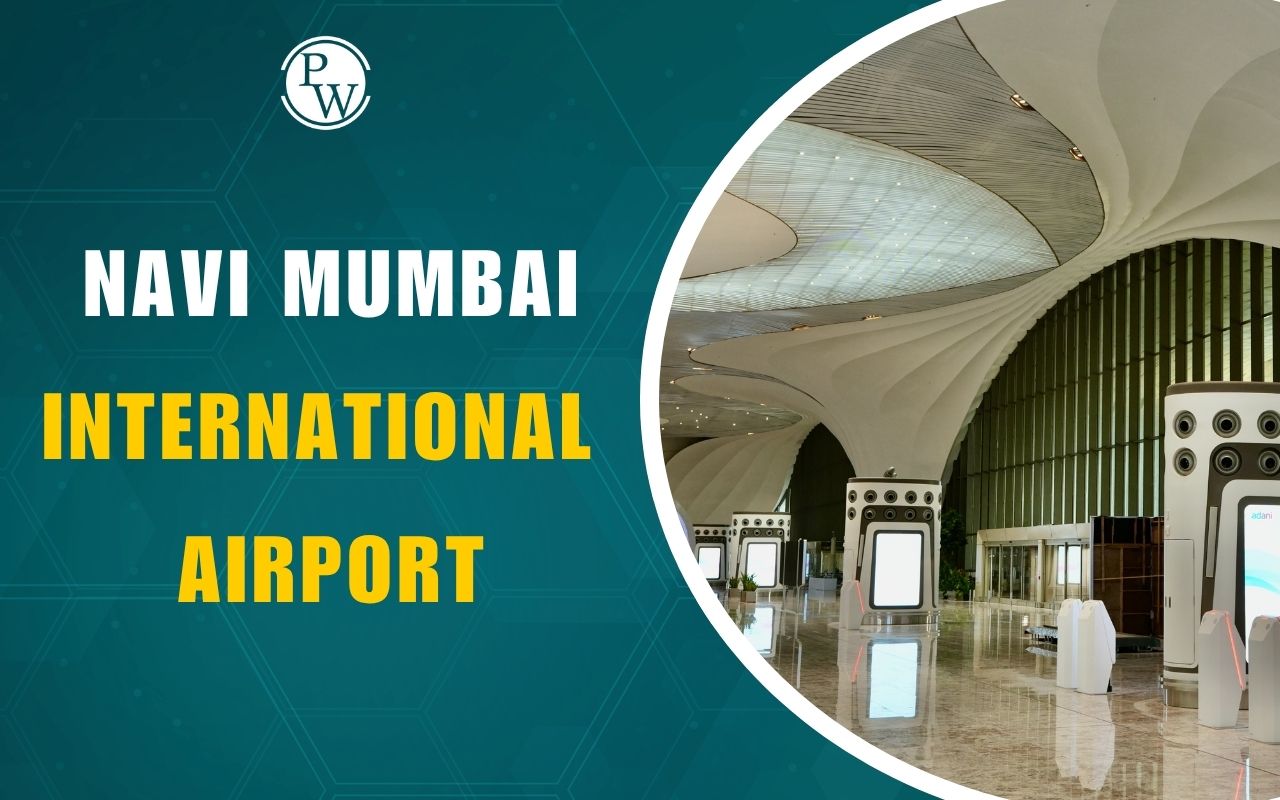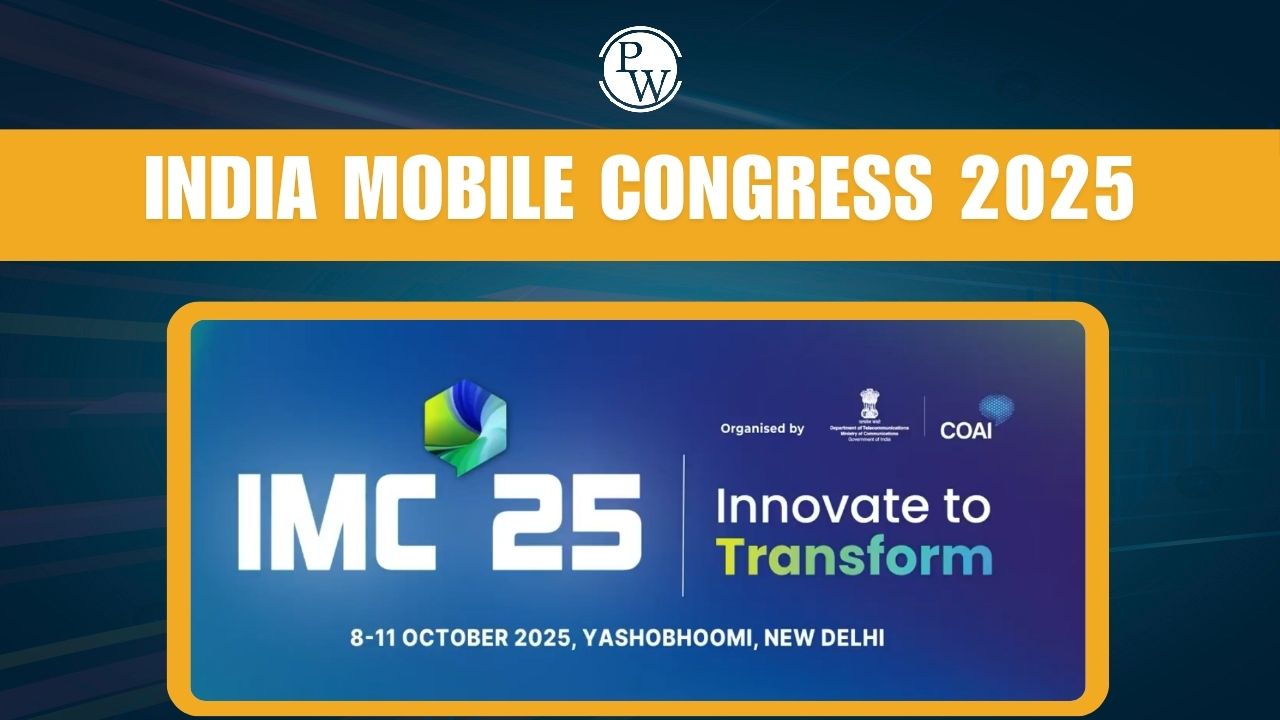
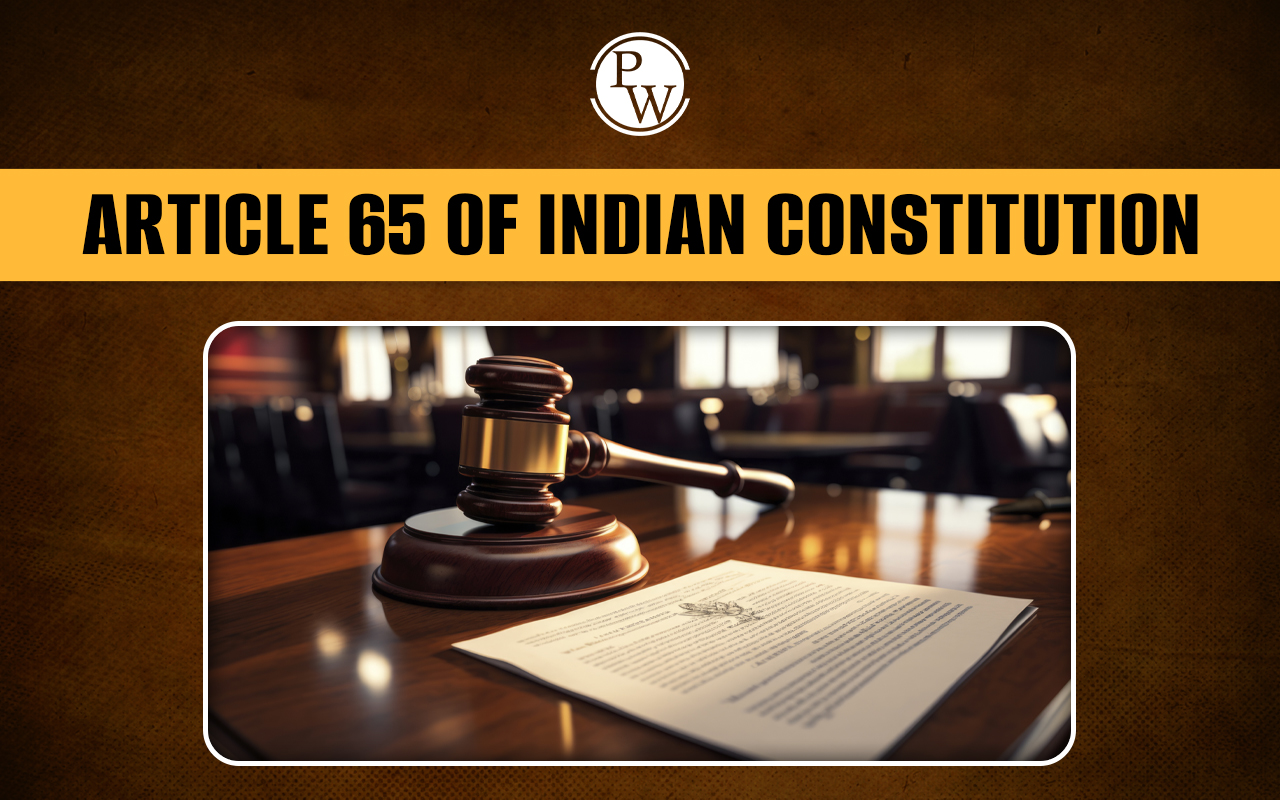
Article 65 of the Indian Constitution summarises the critical role of the Vice President of India in functioning as the President under certain circumstances. This provision designates the special framework for a smooth transition of presidential duties during contingencies, ensuring the stability of India's democratic structure. In this Informative guide, we will explore what is Article 65 of the Constitution of India, its importance, and the powers and functions of the Vice President as defined under this article.
What is Article 65 of the Indian Constitution?
Article 65 of the Indian Constitution describes that the Vice-President acts as President or discharges his functions during casual vacancies in the office or during the absence, of the President
Here is the exact text of Article 65 in the Constitution of India
Article 65 (1)
In the event of the occurrence of any vacancy in the office of the President by reason of his death, resignation or removal, or otherwise, the Vice-President shall act as President until the date on which a new President elected in accordance with the provisions of this Chapter to fill such vacancy enters upon his office.
Article 65 (2)
When the President is unable to discharge his functions owing to absence, illness or any other cause, the Vice-President shall discharge his functions until the date on which the President resumes his duties.
Article 65 (3)
The Vice-President shall, during, and in respect of, the period while he is so acting as, or discharging the functions of, President, have all the powers and immunities of the President and be entitled to such emoluments, allowances and privileges as may be determined by Parliament by law and, until provision in that behalf is so made, such emoluments, allowances and privileges as are specified in the Second Schedule
The Vice-President Of India (Articles 63-73)
Article 63 of the Constitution of India provides that there shall be a Vice-President of India Articles 64 and 89 (1) provide that the Vice-President of India shall be ex-officio Chairman of the Council of States i.e., Rajya Sabha and shall not hold any other office of profit.
Vice-President Of India Eligibility Criteria: Article 66 Constitution of India
Article 66 (1) The Vice-President shall be elected by the members of an electoral college consisting of the members of both Houses of Parliament in accordance with the system of proportional representation by means of the single transferable vote and the voting at such election shall be by secret ballot.
Article 66 (2) The Vice-President shall not be a member of either House of Parliament or of a House of the Legislature of any State, and if a member of either House of Parliament or of a House of the Legislature of any State be elected Vice-President, he shall be deemed to have vacated his seat in that House on the date on which he enters upon his office as Vice-President.
Article 66 (3): No person shall be eligible for election as Vice-President unless he;
- is a citizen of India;
- has completed the age of thirty-five years; and
- is qualified for election as a member of the Council of States.
Article 66 (4): A person shall not be eligible for election as Vice-President if he holds any office of profit under the Government of India or the Government of any State or under any local or other authority subject to the control of any of the said Governments.
The Dual Role of the Vice-President
The Office of the Vice-President is one of the unique features of the Constitution of India. It has no exact parallel in the countries of other democratic constitutions of the world. There is no such office in other parliamentary systems of Government in Commonwealth countries or in Ireland.
The Vice-President, while in office, has the responsibility of officiating as the Chairman of the Rajya Sabha. This is called an 'ex-officio' position , which means that he/she is the Chairman of the Rajya Sabha by virtue of the office of Vice-President.
Tenure of Vice-President
The Vice-President shall hold office for a term of five years from the date on which he enters his office.
Procedure for Removal of the Vice-President
The Vice-President may be removed from his office by a resolution of the Council of States by a majority of all the members of the Council and agreed to by the House of the People. No such resolution shall be moved unless at least fourteen days' notice has been given of the intention to move the resolution. His removal from office is to be in accordance with the procedure prescribed in Article 67 b.
Click to Know More About the Vice President Of India , here.
Historical Instances of Article 65 Being Invoked
Article 65 of the Indian Constitution has been invoked during critical moments in India’s history to ensure continuity in governance. Notable instances include:1. Dr. Sarvepalli Radhakrishnan (1962)
After the death of President Dr. Rajendra Prasad, Vice President Dr. Radhakrishnan acted as President for a short period of time before Dr. Zakir Husain was elected.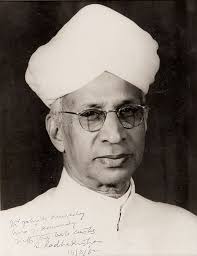
2. B. D. Jatti (1977)
B.D. Jatti, the Vice President, became Acting President after the death of President Fakhruddin Ali Ahmed. He functioned in this role until Neelam Sanjiva Reddy was elected as the President.
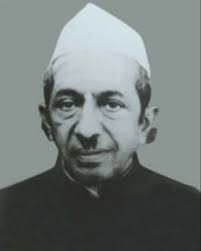 These examples demonstrate the critical role of the
Vice President of India
under
Article 65 of the Indian Constitution
.
These examples demonstrate the critical role of the
Vice President of India
under
Article 65 of the Indian Constitution
.
Ready to take the next step in your UPSC journey? Enroll in our comprehensive course today!
| UPSC Related Articles | ||
| UPSC Prelims Questions | NCERT for UPSC Exam 2025 | UPSC Mains Admit Card |
| UPSC Mains Exam Pattern | UPSC Scholarship Test | UPSC Result |
Article 65 of the Indian Constitution FAQs
Q1. What is Article 65 of the Constitution of India?
Q2. Who performs the President's duties in their absence?
Q.3 When is Article 65 in the Constitution of India invoked?
Q4. Will there be any situation in which the Vice-President demits office before the fiveyear term?
Q.5 Can a Member of Parliament or the State Legislature become the Vice President?





